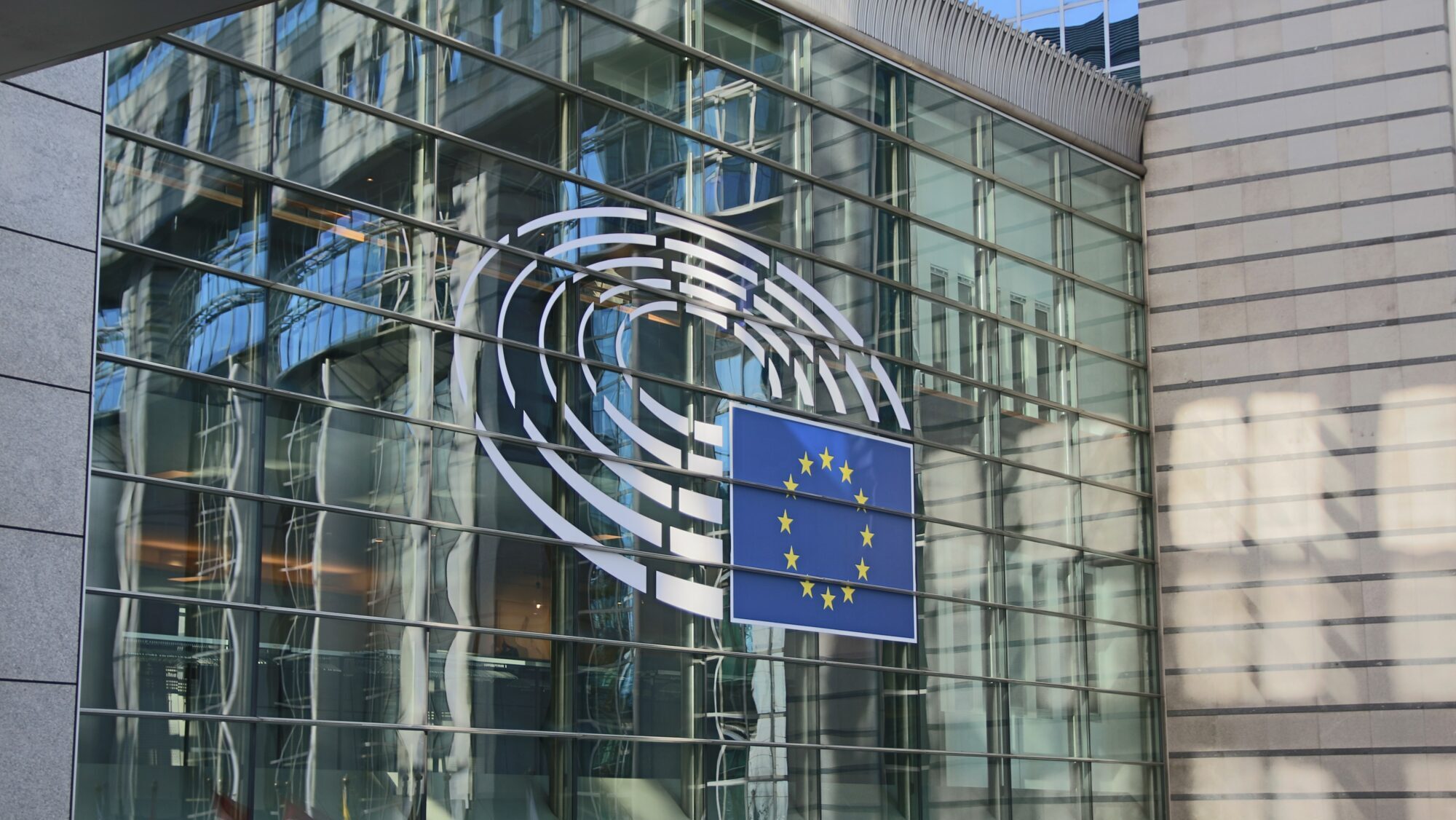
Photo: Photo by Guillaume Périgois on Unsplash
Following a tense session in the EU parliament last week that included accusations between Spanish Prime Minister Pedro Sánchez and leader of the European People’s Party (EPP) Manfred Weber, Weber spoke to El Mundo about Sánchez.
“Sánchez is disqualified for any future European position after what he did in Strasbourg,” Weber told the Spanish newspaper El Mundo in an interview shortly after the plenary of the EU Parliament.
His harsh words followed Sánchez’s direct attack on the German MEP and leader of the centrist EPP.
Sánchez had been present in Strasbourg before the European Parliament on Wednesday to give an account to MEPs of his term in the rotating EU presidency, which ends in December. The session is also an opportunity for MEPs to give a critique of the outgoing president and their accomplishments.
Weber had nothing complimentary to say about this latest Spanish presidency of the EU.
“Politically, the (Spanish) EU presidency has not really been a success story,” he told Sánchez.
“It is obvious that this is about you, about your career, not about Spain or Europe,” Weber said, adding that Europe “needs responsible social democrats” like former Spanish Prime Minister Felipe González of Sánchez’s own party. He also referred to former German Chancellor Willy Brandt and French President François Mitterrand.
Weber also accused Sánchez of lying to his voters. The Spanish prime minister had explicitly promised during his campaign that he would not seek an amnesty for MEP Carles Puigdemont and other Catalan secessionists who led an illegal referendum that resulted in weeks of riots. However, he then quickly changed course after the elections in order to get the votes he needed to form a government.
Sánchez responded to Weber, accusing the Spanish center-Right PP of irresponsibility in reference to the coalition governments the PP has formed with the conservative VOX in several municipalities and regions of Spain. VOX is the third largest political force in the Spanish parliament.
“Do you know that they (VOX) are censoring concerts, films and plays while at the same time restoring the names of famous people linked to Franco’s dictatorship to the streets of our cities? Is that also your plan for Germany, Mr. Weber, to rename the streets and squares of Berlin after the leaders of the Third Reich?” Sánchez said.
Weber visibly signalled his disagreement with Sánchez and asked for a chance to respond, but did not have the opportunity. Also, according to the Spanish newspaper El Debate, streets have not been renamed after high-profile Francoists.
Weber told El Mundo he had two reasons for wanting to respond to Sánchez. First, because he thought the Spanish prime minister was using the EU presidency as a platform for national policies that support his position instead of representing all Spaniards in the European Union.
“He has presented himself only as a campaigning socialist and has obviously forgotten what his role was in the European Parliament. He should represent all of Spain there and not just a part of Spain. So I think he was not up to his responsibility,” Weber said.
“The second thing is that his aggressive argument against my party is giving us a clear idea that he wants to continue dividing and not unifying societies,” he added.
“The most worrying thing is that Sánchez has not learned that the great lesson in Germany against the Nazis is that the political system is built in the political center,” Weber explained.
He also told El Mundo that the Spanish PP had offered to pact with the PSOE following the last elections in July, The PP won the elections, garnering the largest number of parliamentary seats but was shy of an absolute majority. Sánchez refused to even enter negotiations for a grand political pact that would let the PP form a government and instead relented on his campaign promises and gathered the support of various separatist parties to retain the position as prime minister.
Weber also said that at an event he attended with MEP Carles Puigdemont, leader of the Catalan separatist movement and subject of the controversial amnesty, Puigdemont approached him and told him that if Sánchez did not keep his promises, his Catalan regional party would vote with the Partido Popular.
“This shows you how unstable the political situation in Spain is,” the German politician observed.
It is an open secret in Spain that whenever his stint as prime minister finally comes to an end, Sánchez hopes to land softly somewhere in the EU Commission.
